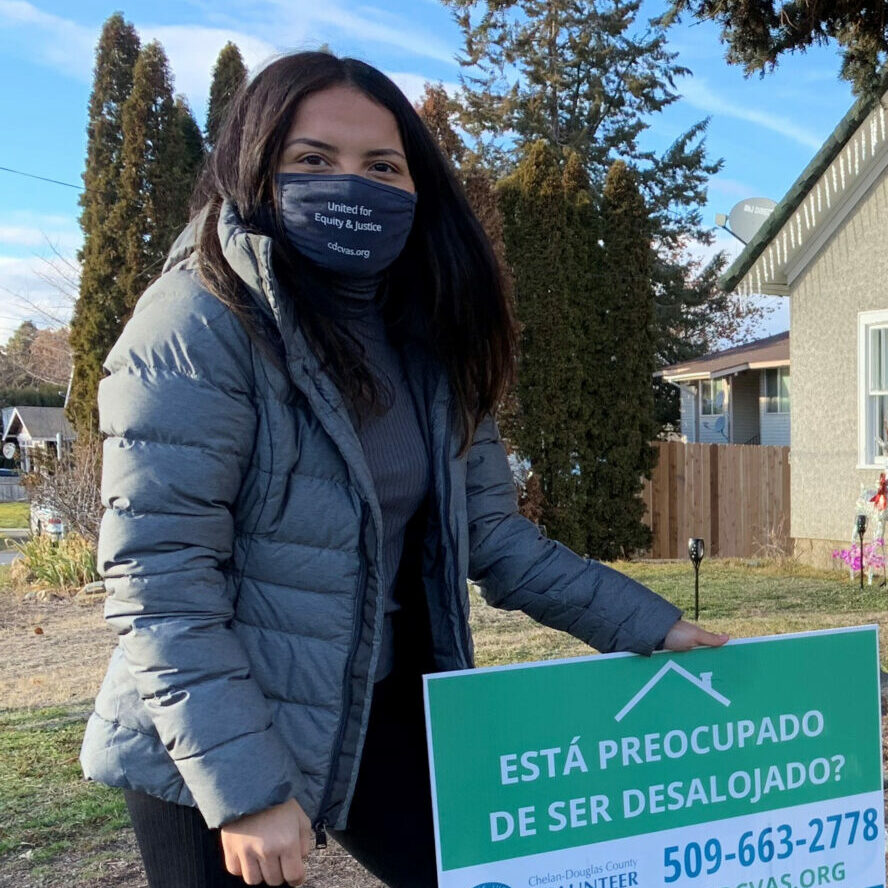By Scott Blaesing, CPA, CFP Principal Cascade Wealth Advisors Inc.
If you are age 70½ or older, IRS rules require you to take required minimum distributions (RMDs) each year from your tax-deferred retirement accounts. This additional taxable income may push you into a higher tax bracket and may also reduce your eligibility for certain tax credits and deductions. To eliminate or reduce the impact of RMD income, charitably inclined investors may want to consider making a qualified charitable distribution (QCD).
A QCD is a direct transfer of funds from an IRA custodian, payable to a qualified charity, as described in the QCD provision in the Internal Revenue Code. Amounts distributed as a QCD can be counted toward satisfying your RMD for the year, up to $100,000, and can also be excluded from your taxable income. This is not the case with a regular withdrawal from an IRA, even if you use the money to make a charitable contribution later.
If you take the RMD as income, instead of as a QCD, your RMD will count as taxable income. Having higher taxable income can directly impact your eligibility for certain deductions and credits. For example, your taxable income helps determine the amount of your Social Security benefits that are subject to taxes. Keeping your taxable income level lower may also help reduce your potential exposure to higher ordinary and capital gains income tax brackets, net investment income tax and Medicare surtax.
In my semi-annual tax and financial planning meetings with clients, I frequently hear that a priority is to decrease their annual tax burden. The reality is that their fixed sources of income from Social Security, pensions, investments and IRA distributions require them to recognize more income than they need to cover retirement living expenses. It’s great to be in this position, but tax inefficient and you lose control over where and how your assets are being used. READ MORE…
Subscribe to the CFNCW e-newsletter for donor news, scholarship opportunities, and good work being done in the community.
$0 M
ASSETS UNDER MANAGEMENT$0 M
GRANTS & SCHOLARSHIPS AWARDED0+
CHARITABLE FUNDSFOUNDATION FACTS






